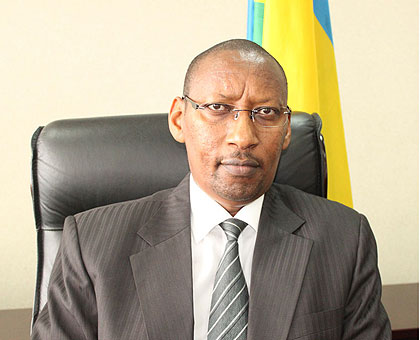Rwanda’s growth on track -IMF
The Executive Board of the International Monetary Fund (IMF) has reported that Rwanda’s economic growth was constant and strong.

John Rwangombwa Minister of Finance and Planning

